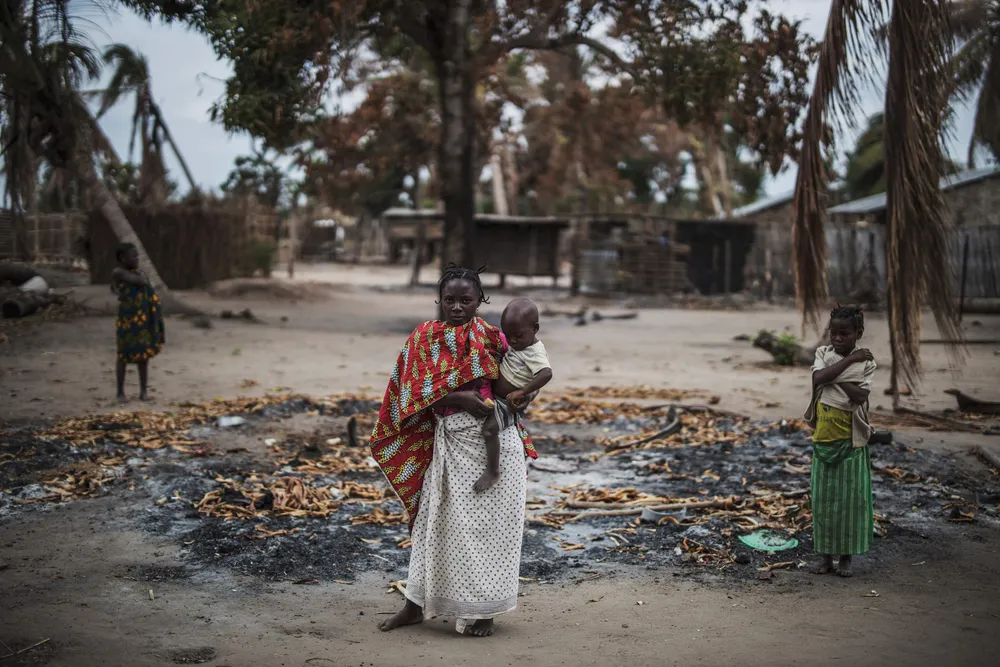Palma attacks: Total stops work at Mozambique LNG as workers and locals flee brutal assault by Islamist insurgents
Analyst said Mozambique government failed to act on intelligence of imminent attack

Analyst said Mozambique government failed to act on intelligence of imminent attack
